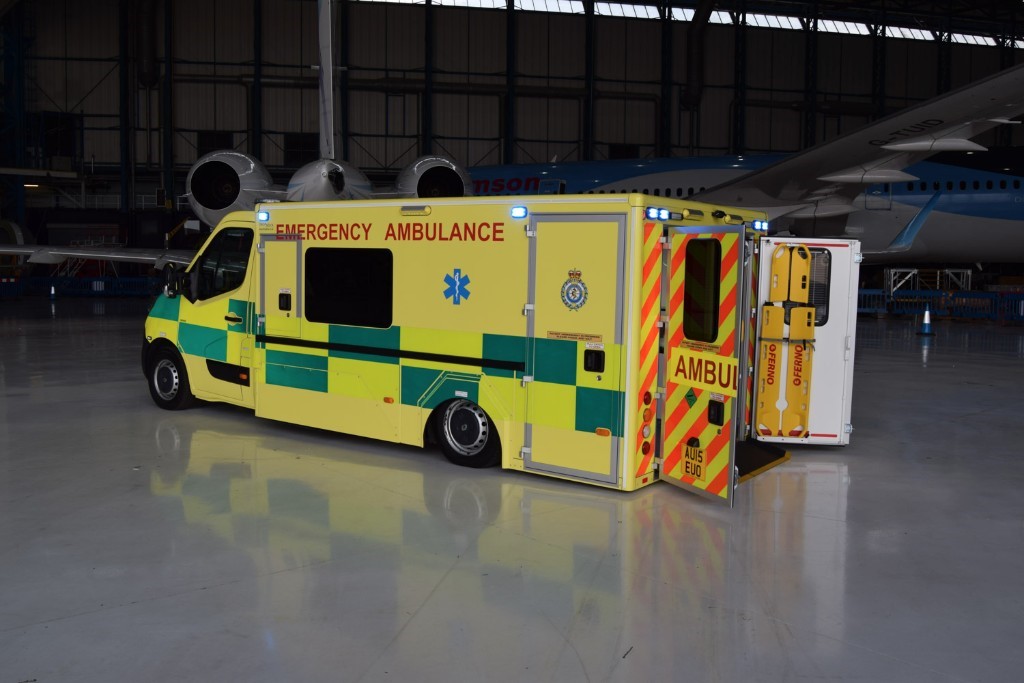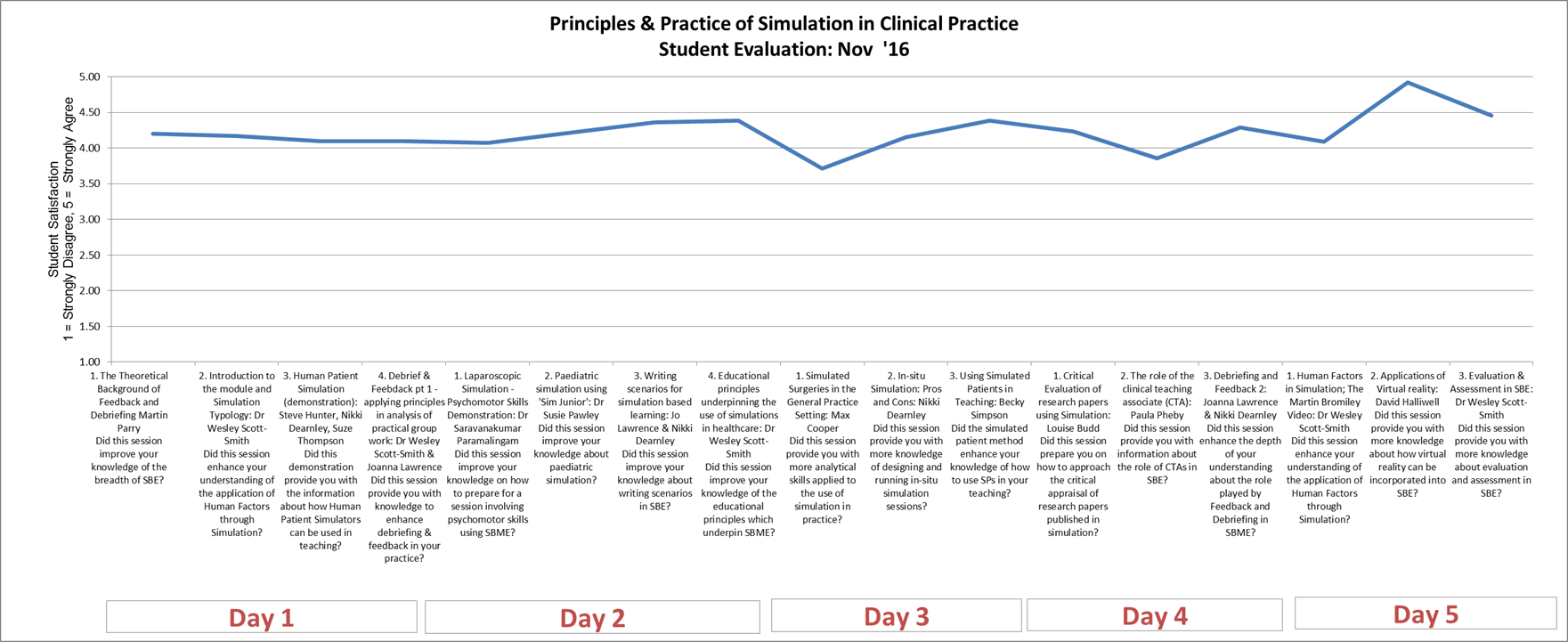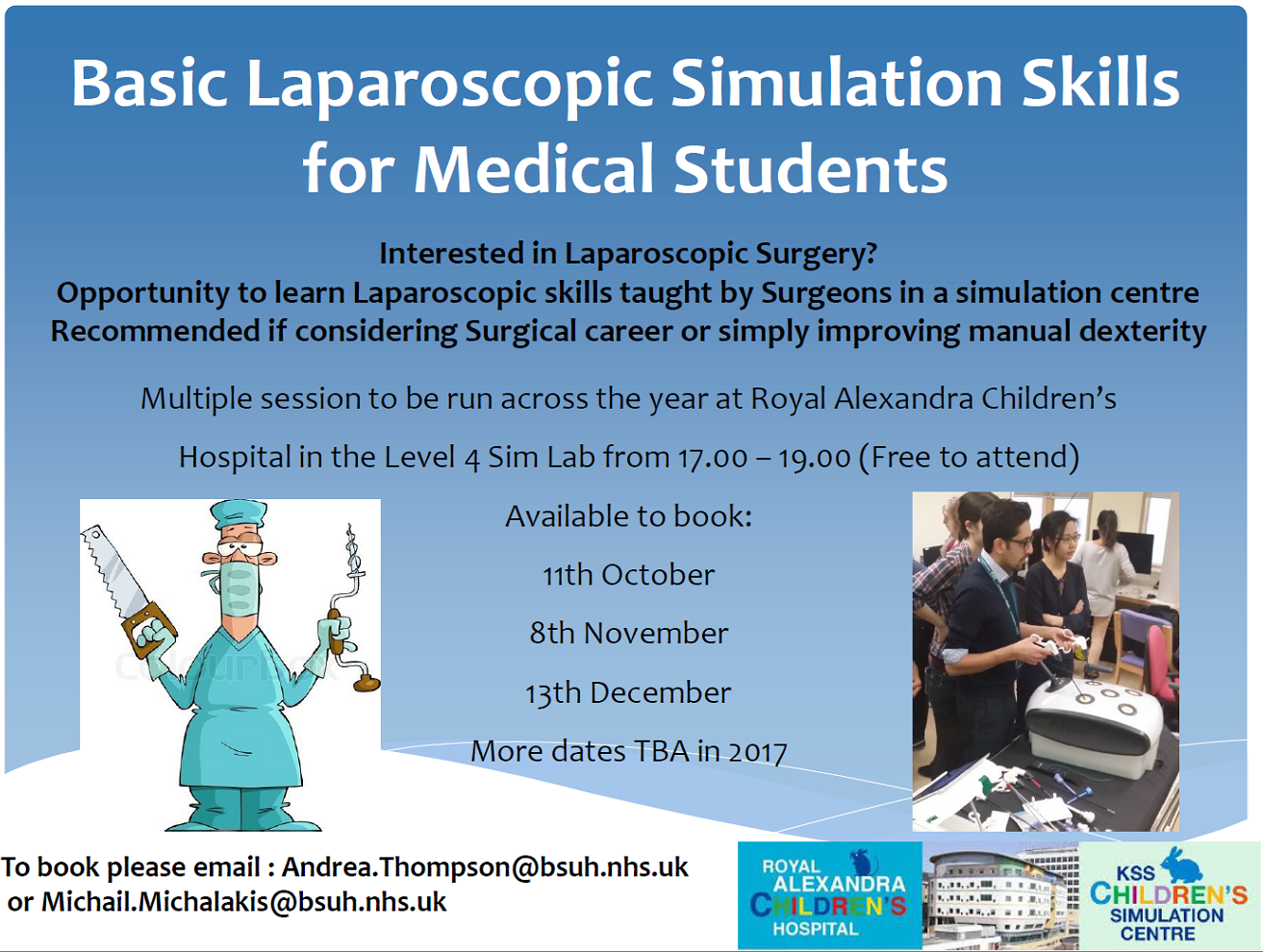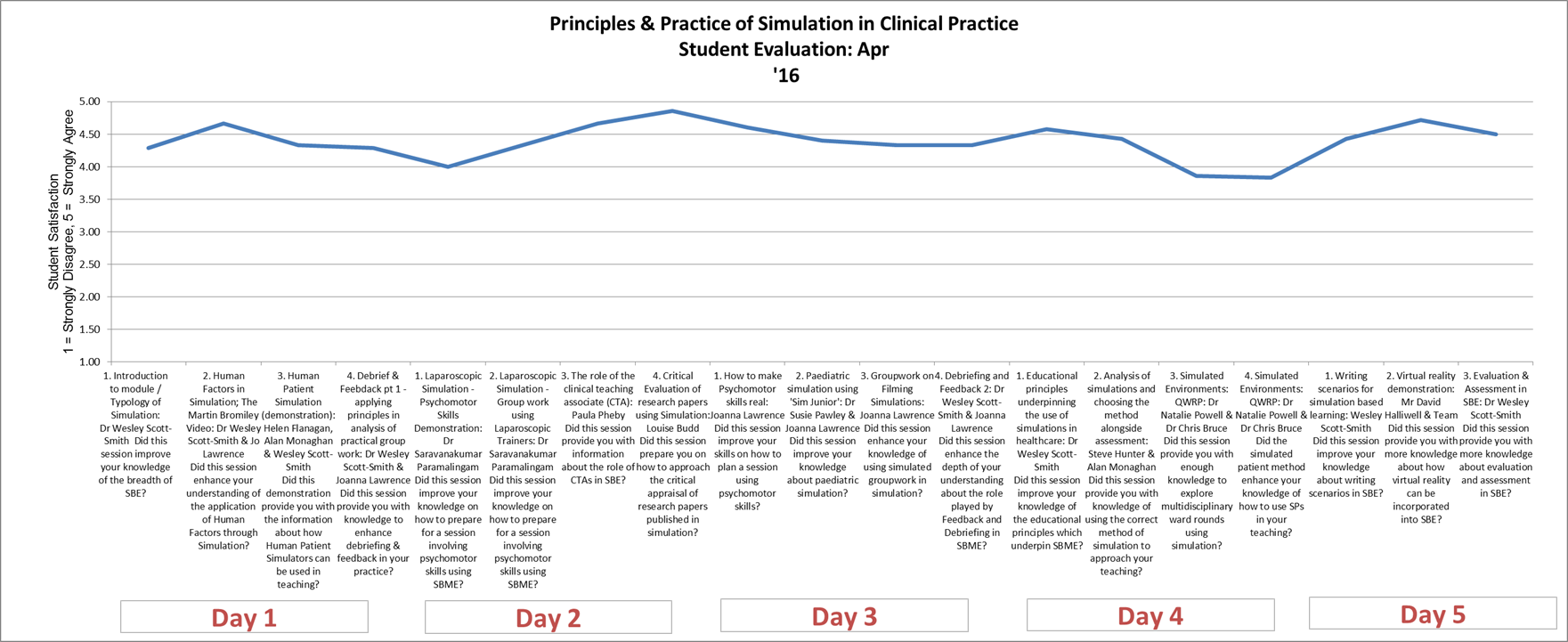A second ‘Training for Peer Observation of Teaching‘ workshop took place on the 16th June 2016, with practitioners from a variety of backgrounds attending.
Those attending provided qualitative and quantitative feedback; a selection of the former are shown below.
“It was useful to look at different types of feedback which are appropriate for age/experience of learners.”
“Good coverage of the theory behind new models”
“Excellent small group work”
“I was really nervous about this; as the time went on I got more confident and gained more understanding”
Also shown below is a figure with the collated quantitative feedback scores, rated on a Likert Scale, for the sessions delivered during the day.





 laparoscopic-skills-for-students-pdf
laparoscopic-skills-for-students-pdf


